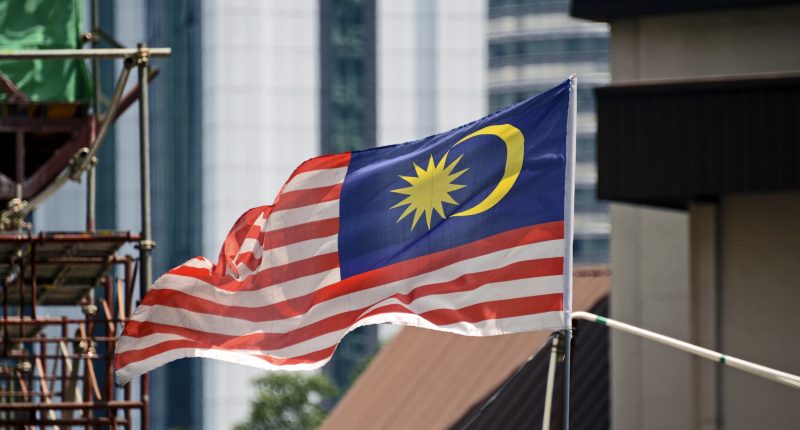Malaysia’s newest social media licensing law came into effect yesterday, on January 1, mandating that social media platforms with a user base exceeding eight million in Malaysia secure an operating license. However, while some platforms, such as Tencent’s WeChat and ByteDance’s TikTok have moved swiftly to comply, others, including Elon Musk’s X (formerly Twitter) and Alphabet Inc.’s Google, which operates YouTube, have yet to adhere to the law.
To provide some context, the new law was introduced as part of broader amendments to combat various forms of online harm, including cyberbullying, scams, child exploitation, and other illegal content. The Malaysian Communications and Multimedia Commission (MCMC), the body that is in charge of regulating the country’s multimedia and communications sector, argues that the measures will ensure accountability among social media platforms.
The law has also sparked concerns among civil society groups and industry observers regarding what it could mean for digital privacy and freedom of expression, amongst other things. This comes at a time when other countries in the Asia-Pacific region, such as India and Australia, have been exploring regulatory measures as well, in a bid to control the spread of harmful content and disinformation on digital platforms.
Still, according to reports, compliance from some major players has been slow. Elon Musk’s X has claimed that it does not meet the threshold of eight million users required for a license. According to early 2024 data, X reported a Malaysian user base of approximately 5.71 million, falling short of the specified criteria. The MCMC is currently verifying this claim. “Platform providers found to be in violation of licensing requirements may be subject to investigation and regulatory actions,” the commission said.
Google, on the other hand, has raised concerns regarding the classification of YouTube’s features under the new regulatory framework. The company argues that YouTube functions as a video-sharing platform rather than a traditional social media or messaging service, and is questioning its inclusion under the licensing mandate.
In contrast to X and Google, several platforms have taken steps to comply with Malaysia’s new requirements. Chinese-owned platforms such as WeChat and TikTok were among the first to secure their licenses. Telegram is reportedly in the final stages of its application process, while Meta Platforms Inc., the parent company of Facebook, Instagram, and WhatsApp, has also initiated its licensing efforts. “Telegram, meanwhile, is in the final stages of the licensing process, and is expected to secure its license soon. Meta, which oversees Facebook, Instagram and WhatsApp, has initiated the process of obtaining the licenses to operate the platforms in the country, which is also expected to be completed soon,” the commission commented on the matter.
The Tech Portal is published by Blue Box Media Private Limited. Our investors have no influence over our reporting. Read our full Ownership and Funding Disclosure →





